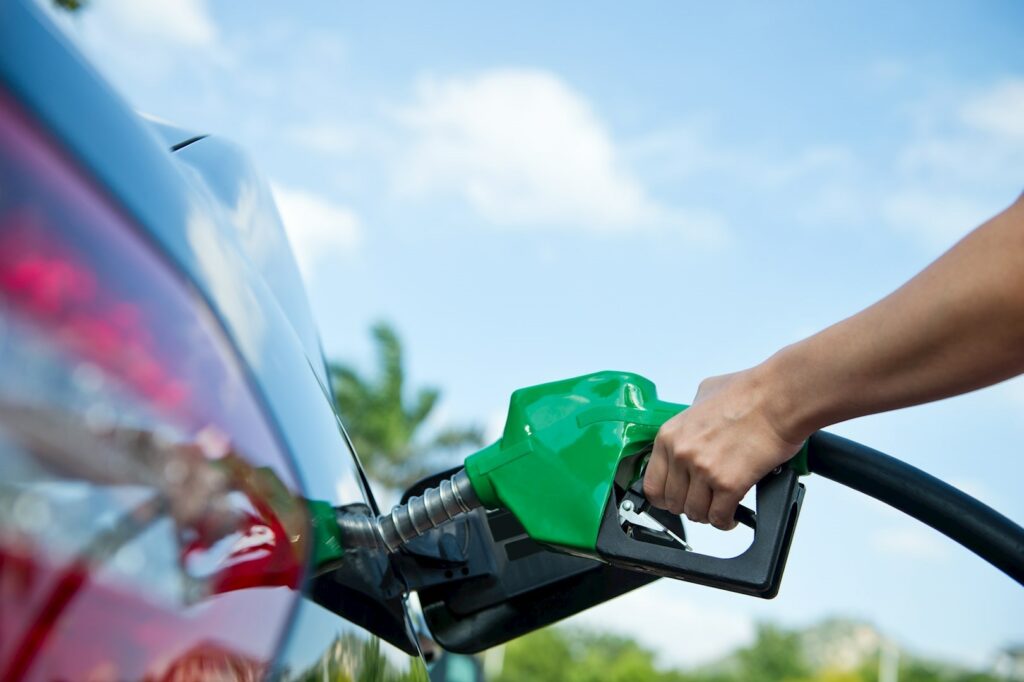Alternative fuels are crucial to decarbonising European transport now more than ever
With road transport emissions now responsible for a quarter of Europe’s GHG emissions, and likely to become Europe’s number one source of emissions in years to come, decarbonising transport must be at the heart of Europe’s climate change ambitions.
While the European Commissioner Sefcovic has recognised this in a recent speech, it is not yet clear how the European Union plans to tackle the big issue of liquid transport fuels - the main source of GHG emissions in European transport.
With transport fuel use in Europe expected to increase in the future, Europe’s climate ambitions will rely on stronger action to reduce the carbon intensity of the various transport fuels that we use. And with rising concerns about polluting emissions from diesel fuel use, any measures to decarbonise transport must come hand-in-hand with measures to promote cleaner and less polluting transport fuels. Changing the energy taxation system that favours diesel over other fuels is one important policy option.
Electromobility and other fuel options have a role to play in decarbonising transport. They also have technical and practical limitations in immediately reducing GHG emissions. Sustainable and renewable ethanol is a low carbon, feasible and already widely available alternative fuel that provides a proven and immediate solution to the problem of GHG emissions in transport.
Decarbonising European transport will rely on decreasing Europe’s over reliance on oil. Our road transport sector is 95% dependent on oil for its energy, most of which is imported. This is one of the reasons why Europe’s Energy Union strategy must support and incentivise renewable, alternative fuels. Replacing oil use in transport can only be achieved by bringing renewable, alternative fuels onto the market and that is why policy support to incentivise the use of low carbon energy sources in transport, such as renewable ethanol, is so vital.
Last week a group of advanced ethanol companies, along with ePURE, published a policy manifesto calling on European policy makers to introduce policy measures to support higher biofuel blends and advanced biofuels up to 2030. This is a first step. Over the coming year our industry looks forward to participating in an open and constructive dialogue with policy makers in order to identify solutions to the problems that European transport faces.
With Commissioner Bulc due to present before Summer 2016 a Communication on the decarbonisation of transport, measures to decarbonise transport fuels will continue to be high on the agenda. The increased use of low carbon, renewable, alternative fuels, such as renewable ethanol, provides a major and real opportunity for reducing GHG emissions as it requires no major fuel infrastructure or technological changes to vehicles and is the only reliable and realistic solution to addressing tail pipe emissions from existing vehicles in the short-medium term.
